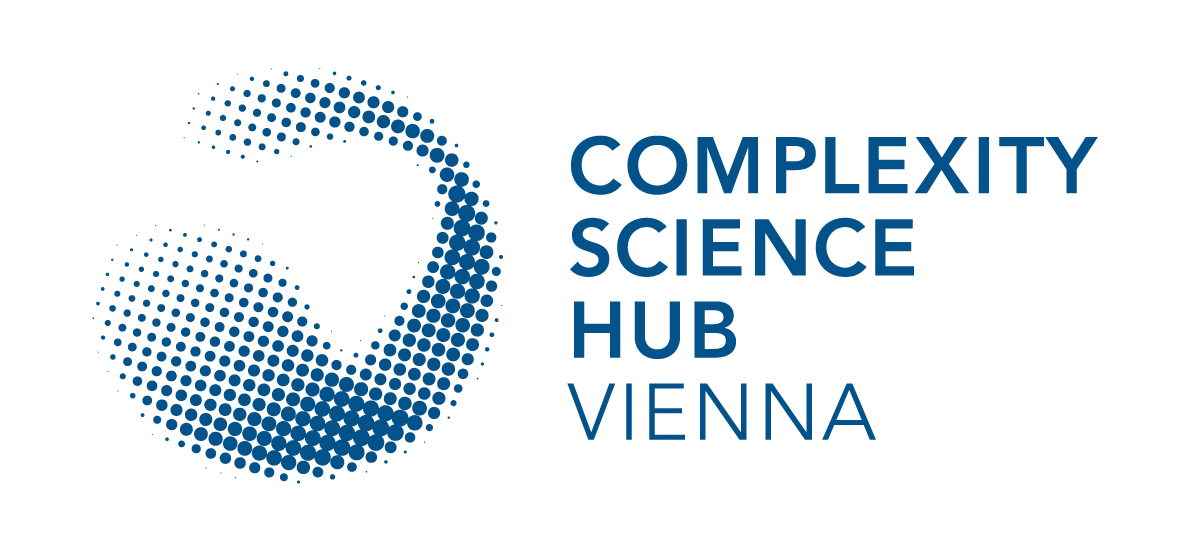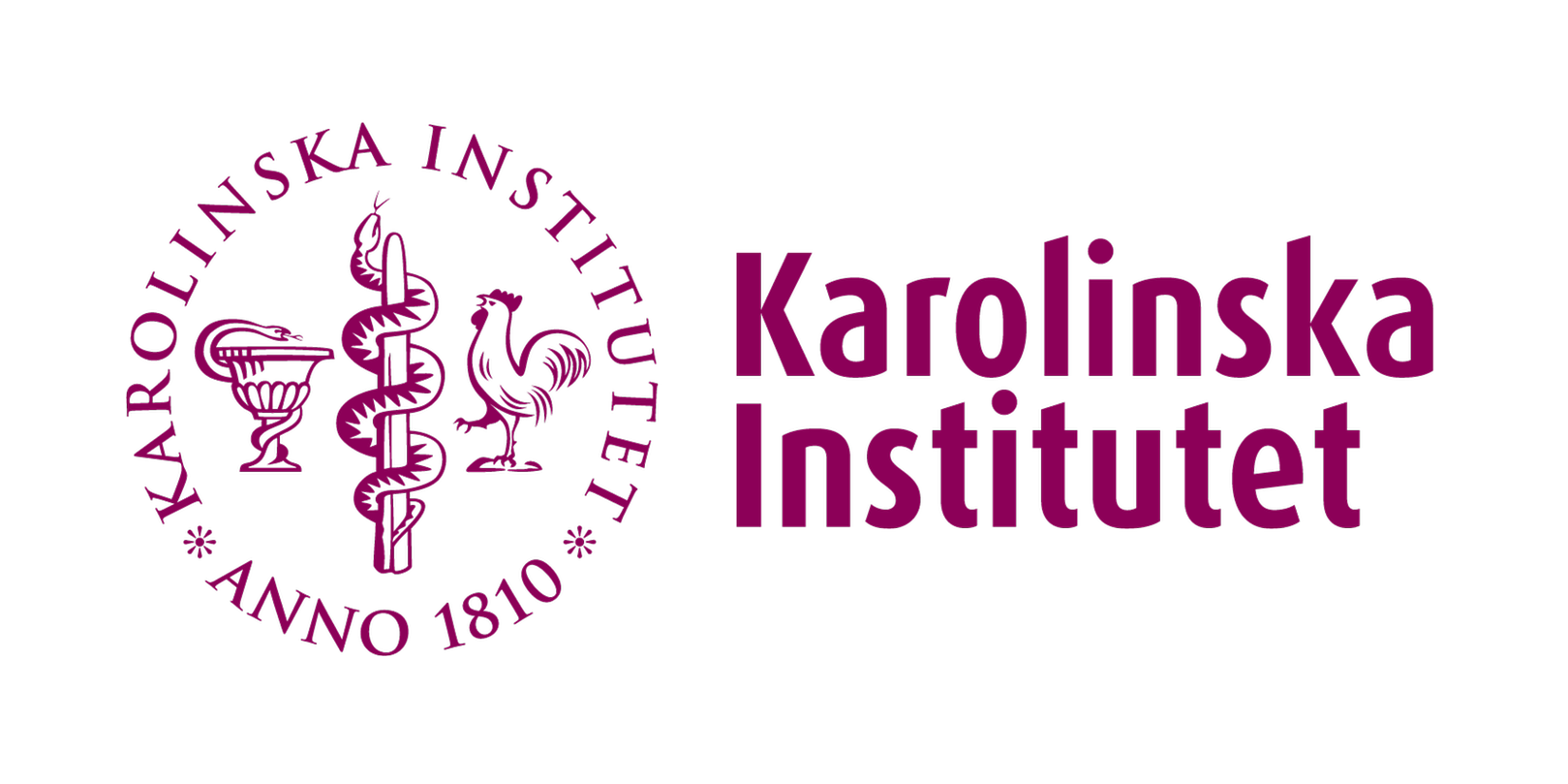Climate misinformation in a climate of misinformation

Information and communications technologies have made the world increasingly connected. Photo: Yuri Arcurs/Mostphotos.
We are in the midst of a transformation of the digital news ecosystem. The expansion of online social networks, the influence of recommender systems, increased automation, and new generative artificial intelligence (AI) tools are rapidly changing the speed and the way misinformation about climate change and sustainability issues moves around the world.
Policymakers, researchers and the public need to combine forces to address the dangerous combination of opaque social media algorithms, polarizing social bots, and a new generation of AI-generated content.
This is the main message of this new synthesis, presented in connection to the Nobel Prize Summit 2023, "Truth, Trust and Hope".
When OpenAI released their version of the artificial intelligence ChatGPT to the public in November 2022, the playing ground for false news and misinformation online changed completely. Suddenly, anyone could, with relatively little effort, produce seemingly human-written text and highly realistic images – regardless of their truthfulness.
Misinformation and disinformation campaigns are not new, and topics such as climate change have been in the line of fire more than once. But over time, the digital aspects of these phenomena have become increasingly important for those interested in understanding and tackling the harmful effects of mis- and disinformation.
Information and communications technologies have made the world increasingly connected, allowing information to move almost effortlessly around the world in the blink of an eye. What we see on our screens everyday is increasingly determined by recommender systems, systems designed to maximize engagement, at times favouring whatever creates engagement over truth. Sometimes, this information movement is affected by social bots. Often, the diffusion of information is shaped by how people engage with it by sharing, commenting, remaking and moving it across digital media platforms and between social and conventional media. This, in combination with the capacities of generative AI to create synthetic content, may very well result in a perfect storm of misinformation. The time to act on these risks is now.
The following synthesis report explores the increasing influence of digital media, AI and algorithmic systems on the creation, diffusion and amplification of misinformation about climate and environmental sustainability issues. We combine insights from various research strands ranging from computational social sciences, to the sustainability sciences and neurosciences, to explore what we know about how such information is amplified, and to what extent recent advances in AI pose new challenges for our ability to act collectively on our planetary crisis.
This synthesis report has been put together in connection with the Nobel Prize Summit 2023, “Truth, Trust and Hope”, Washington D.C., 24-26 of May 2023.
Explore the chapters
A collaboration by:




Funded by:



In connection to the Nobel Prize Summit 2023, "Truth, Trust and Hope".







